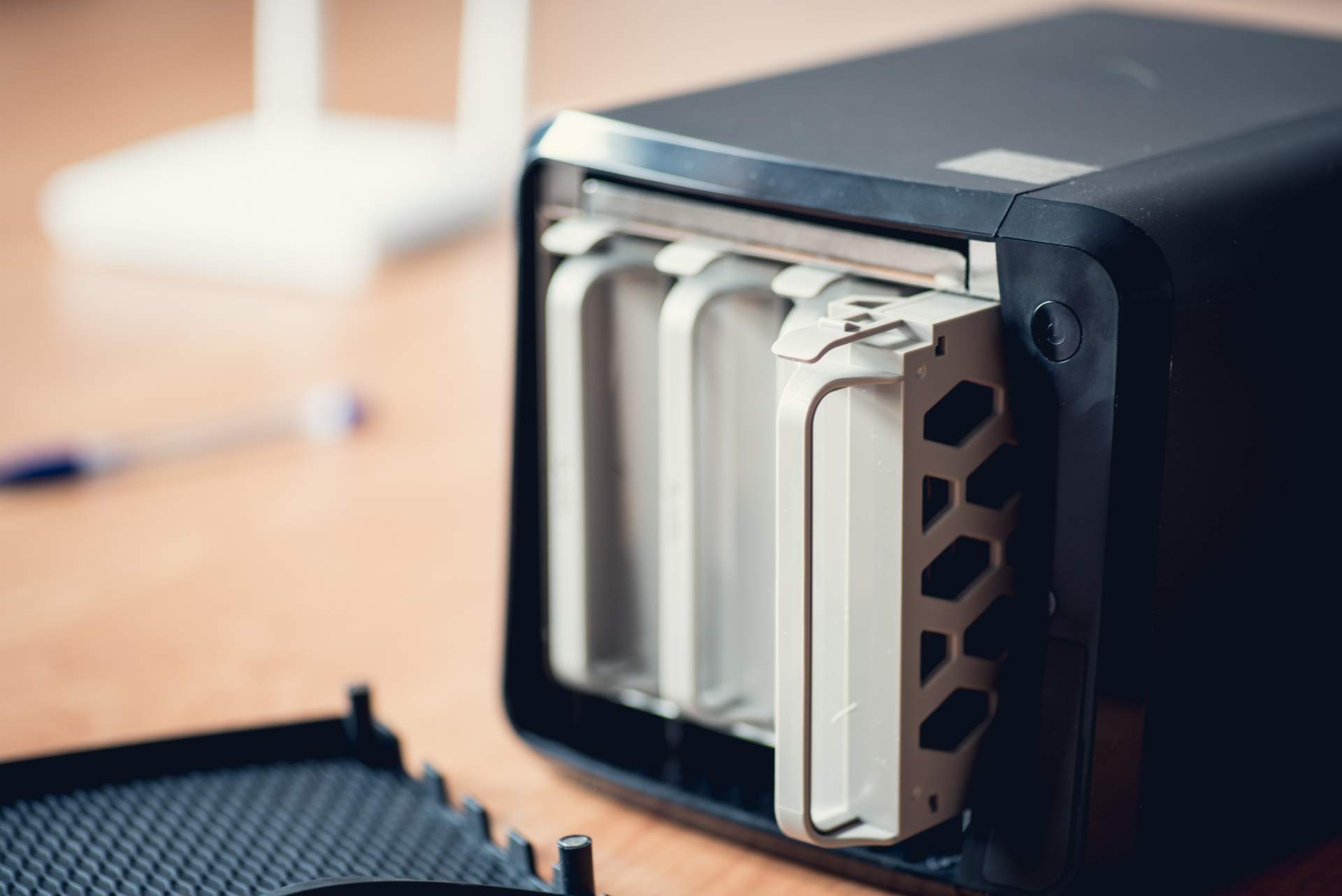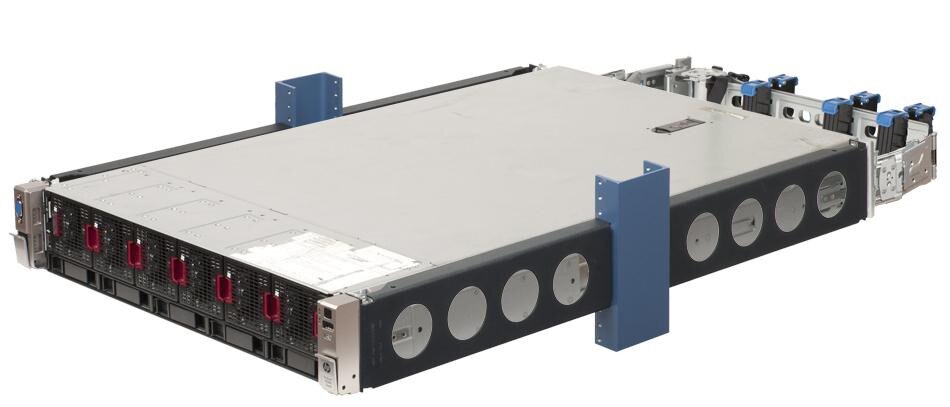At what point should one consider adding a server into their small business? There’s a fine line between ‘should’ and ‘must’ in this scenario because no matter what you do, having a server will provide some sort of use.
Ultimately, it depends on how seriously you are taking your business, the time you have to manage a server or the budget you have to hire someone to manage a server for you.
How do servers help small business owners?
Even though servers can be useful to any business, some truly need them more than others. For instance, if you run a video production company and frequently collaborate with your coworkers, you will be more incentivized to use a server to save and distribute data or even computing power. On the other hand, if all of your business is done through Etsy and your products are made by hand, you will need to move around much less data.

Both of these businesses have a common incentive to operate a server though, which is to securely store data.
The extent of the Etsy seller’s data needs is likely to store data of expenses and transactions. Expenses are particularly important to keep track of for tax and analytical purposes and inherently will be kept separate from your transaction data.
Even if you use a program like QuickBooks to manage your data, the information will be stored locally and you really can’t afford to lose it. If you’re storing this data on a PC that you bought from best buy, it likely only has one drive which means if it breaks, you will either lose everything or have to pay a significant amount of money to get it recovered.
Adding additional drives in a RAID format will allow you to save your data if even one breaks. Servers and NASes are available with RAID drives preinstalled and ready to go. Additionally, their components are better equipped to run 24/7.
Another more niche incentive to have a server is to take complete ownership of your data.
There are plenty of cloud services that can manage data for you, but they are the most susceptible to being hacked. This is partly because data can be intercepted in transportation from the data center to your location and partly because of data leaks.
Valuing ownership of your data is more niche because it depends greatly on a users trust in cloud services. While it is more susceptible to hacks, it still is a relatively low risk and plenty of businesses and consumers feel comfortable storing their information elsewhere.
The last incentive to own a server is to be able to access your data quickly.
If you store raw photo, video or rendered files, they can take up a significant amount of storage. On one had, this will likely increase cloud storage cost depending on your provider, and on the other, it will take longer to access the files from a remote location.
Unless you have a gigabit connection and a data center that can provide you gigabit throughput, downloading all of those files from the cloud will take significantly longer. At that point, it’s much more cost efficient to store those large files on a server or NAS and transport them to computers on a local network.
How much does a server cost for small business? 
Having complete control over your data might not be as big of a deal for a small business that is starting out, but it becomes more tempting when looking at the cost of cloud storage. Even on Google charges $12 per user per month for unlimited storage (which is actually capped at 1TB per user if you are paying for less than 5 users) and it can add up quickly.
If you have the time to set up a server or NAS for yourself, you can have terabytes of data for a relatively low price. Even this redundant, 4TB, $500 NAS over time could prove to be more economical than using a Google cloud account.
Servers and NASes both are able to store data, but servers typically have faster components which allow you to distribute the data more quickly or to more places. Still, you can find bottom tier servers for a decent price relative to cloud subscriptions. This Dell server tower has two 2TB hard drives pre-installed with a RAID 0 format for around $800 USD.
Currently, the most widely searched server is a Dell R710 which was released in 2009. Server components are built to last a long time and run constantly, which means there is a very active resale market. It might take a little more finicking, but purchasing a used server is often the most cost effective for a business with low computational demands to purchase a reliable product for storage and networking.
Albeit, if you purchase a server on the used market, it will probably be a rack mountable server. Depending on how many people are in your business, you might need a server rack anyways to store switches, routers or uninterruptible power supplies. If you need help finding an ideal rack for your small business, make sure to check out our article on small racks.
Are servers difficult to set up?
Setting up a network at your small business isn’t as simple as getting a MacBook up and running, but you only have to learn once. There’s no doubt that entrepreneurs are busy people, and the time needed to put everything together just might not be worth it.
The learning curve is likely what drives people to use cloud services, but if you still want to have a server, there is always a way. On Upwork, you can find independent IT specialists at a rate as low as $40 an hour. If you are starting from scratch, they likely won’t need much time to get you up and running.
If you are even a little technically inclined and have built computers from scratch, you shouldn’t have a very hard time doing everything yourself. To save even more money, you can simply build a server like you would a PC. There are plenty of resources online to help you in your journey.
And finally, if you ever need help finding a rack to fit your IT needs, feel free to look through our website or contact us directly. We have been serving the industry for over 20 years and love to assist new users build their ideal setup.